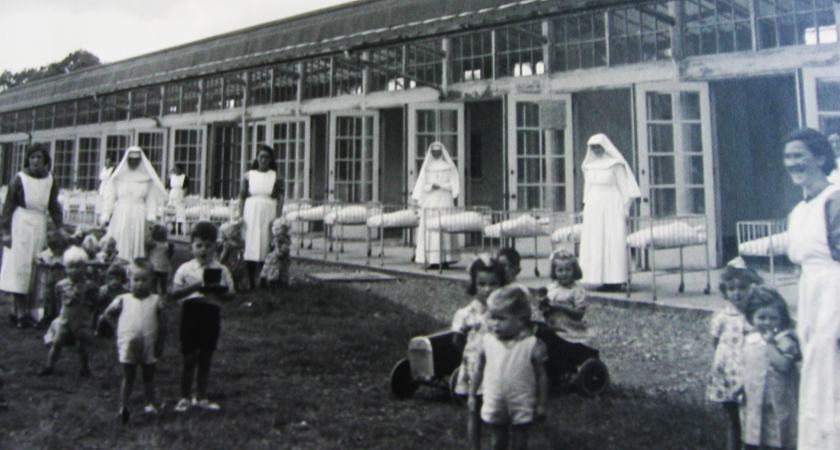AT LEAST 2,000 children were trafficked from Ireland to the United States for adoption between the 1940s and 1970s, a new report on Irish Mother and Baby Homes has found.
The report, titled 'Ireland’s Unmarried Mothers and their Children: Gathering the Data', was published by The Clann Project as part of a joint initiative with the Adoption Rights Alliance (ARA), Justice for Magdalenes Research (JFMR), and the global law firm Hogan Lovells.
Some 164 people were interviewed during the three-year research project, with 77 giving statements to help "establish the truth of what happened to unmarried mothers and their children in 20th century Ireland".
The report shares personal accounts of mothers who lived in the homes around Ireland as well as those 'sold' to the US as children.
Details of pregnant women being forced to work, lack of medical care for pregnant mothers and newborn children, illegal adoptions, adoptions without consent and event medical experiments contribute to a harrowing indictment of those involved in running the homes, as well as the State.
The report also provides a tragic incite into the current difficulties faced by victims of Mother and Baby Homes to access the personal records pertaining to their time in 'care'.
Liam Herrick, executive director for Irish Council for Civil Liberties (ICCL), said: "The report provides compelling evidence that arbitrary detention, forced labor, forced and illegal adoption, and inhuman and degrading treatment occurred on a systematic basis throughout the network of institutions and agencies that were tasked by the State with ‘caring’ for unmarried families.
"Most importantly, the Clann Report highlights that human rights violations are ongoing because people who suffered in the past are still being denied access to their own records and to the administrative records of the bodies involved in running the system."
Among the report's recommendations are "a new form of investigation that makes access to information its primary goal and is not limited to certain institutions".
Other recommendations include a state apology, redress and reparations, the introduction of statutory rights and services, acknowledgment of responsibility by religious orders and church hierarchies and the establishment of a dedicated unit to investigate specific criminal allegations, access to the courts, as well as memorialisation.
Co-director of the report, Claire McGettrick, said: "The administrative records held by the State and private bodies are being kept entirely secret. This is compounding the abuse suffered in the past.
"No other form of redress will be meaningful without first abandoning this insistence on secrecy and treating people with dignity."
Fellow co-director Dr Maeve O'Rourke added: "The insistence on secrecy is causing ongoing human rights violations.
"There is a 'right to truth' under European and International Law for victims and survivors, and for the general public, where gross human rights violations have occurred in a country.
"It is time for the State to do what is right and tell the truth. It is the first step in restoring dignity to people who have suffered, and in ensuring that these abuses never happen again."


